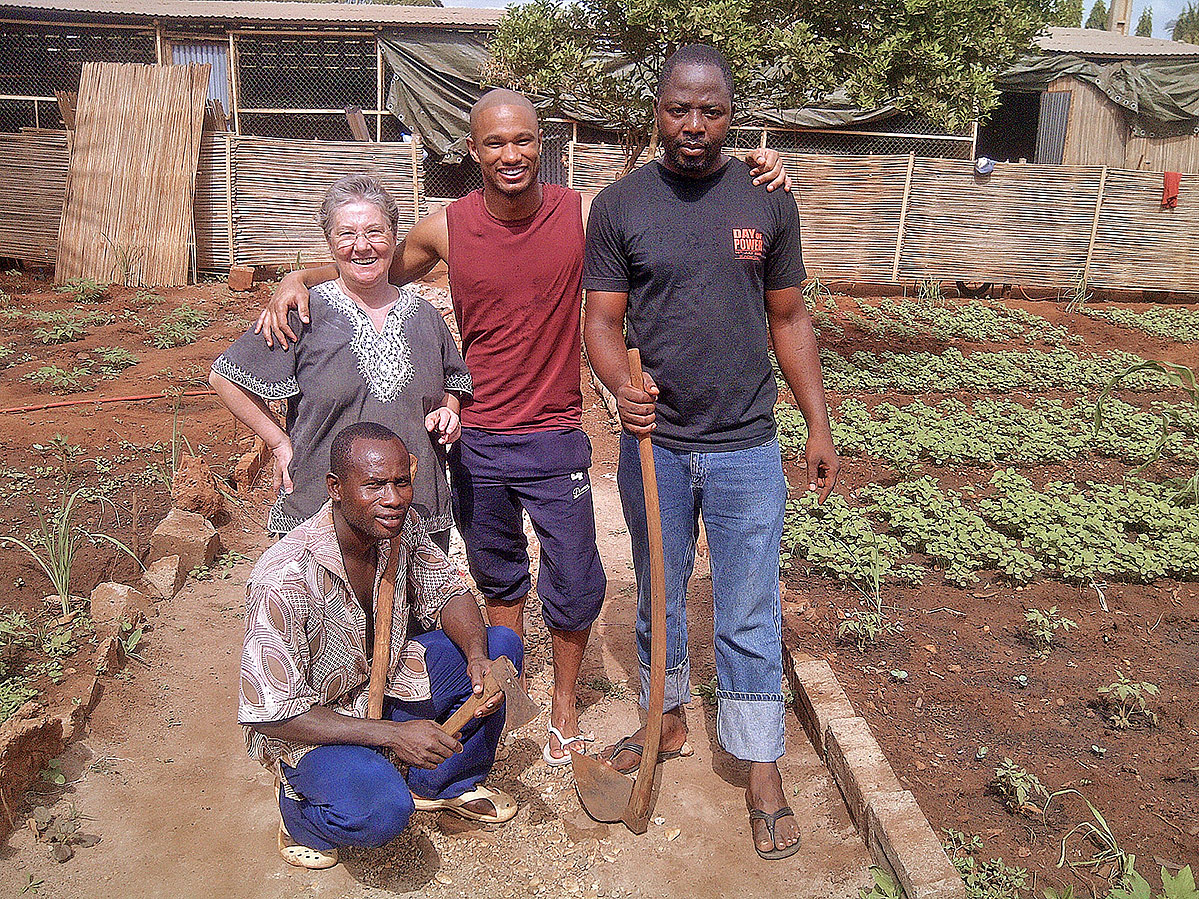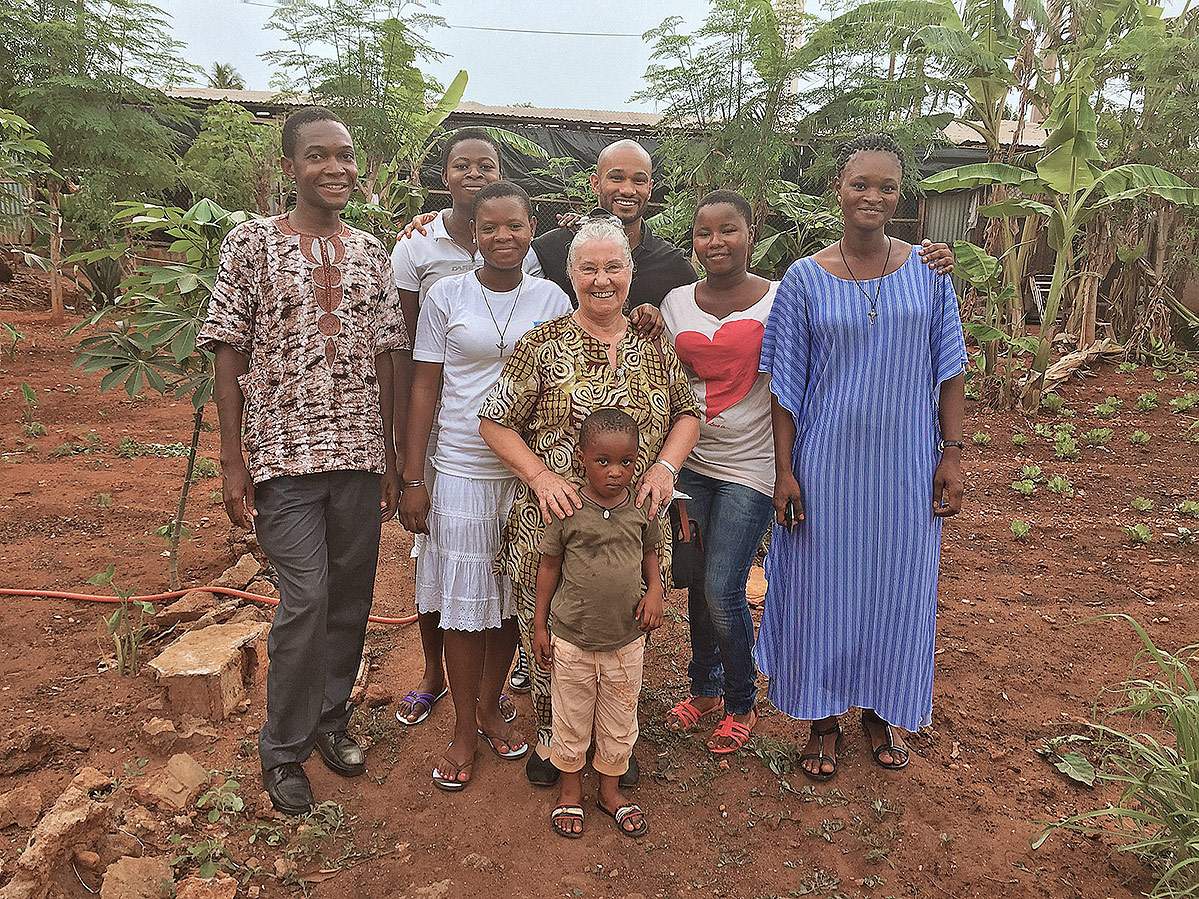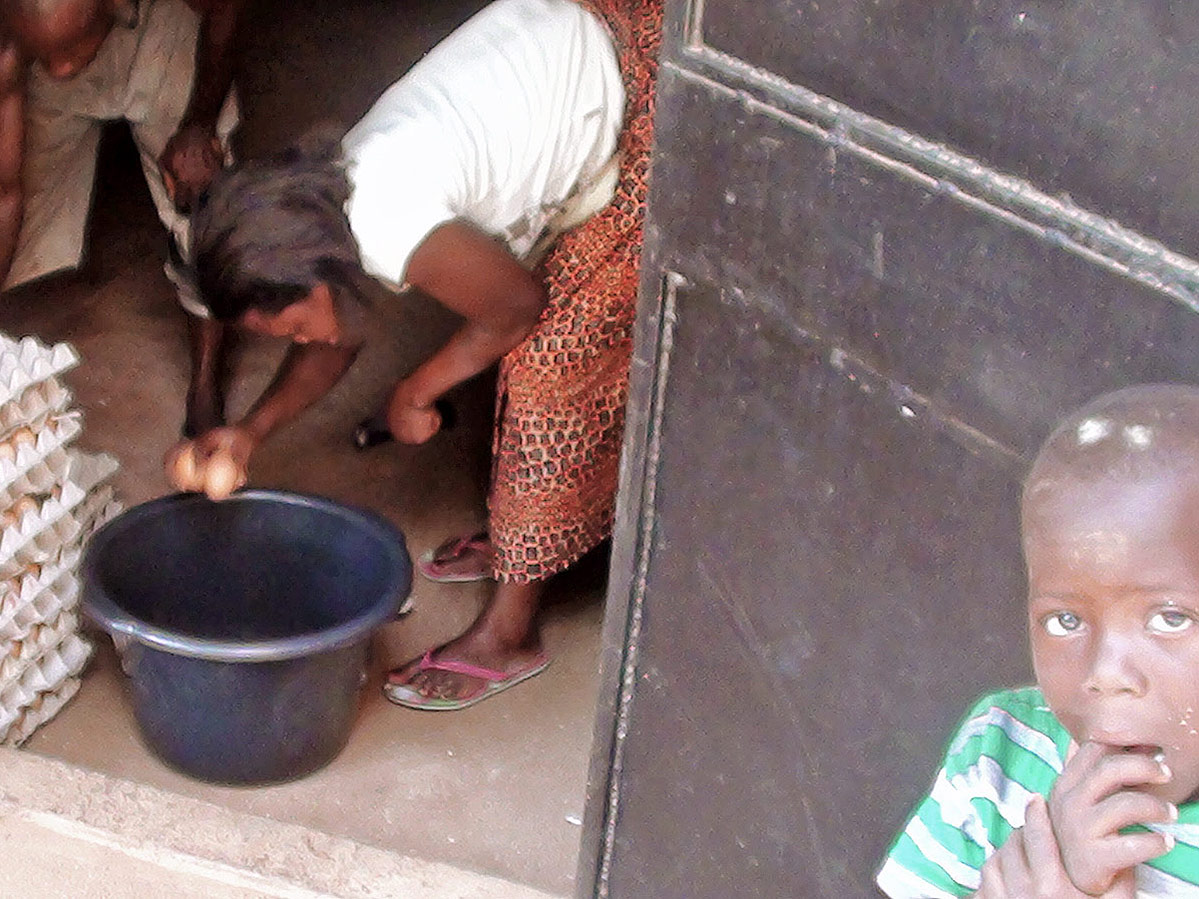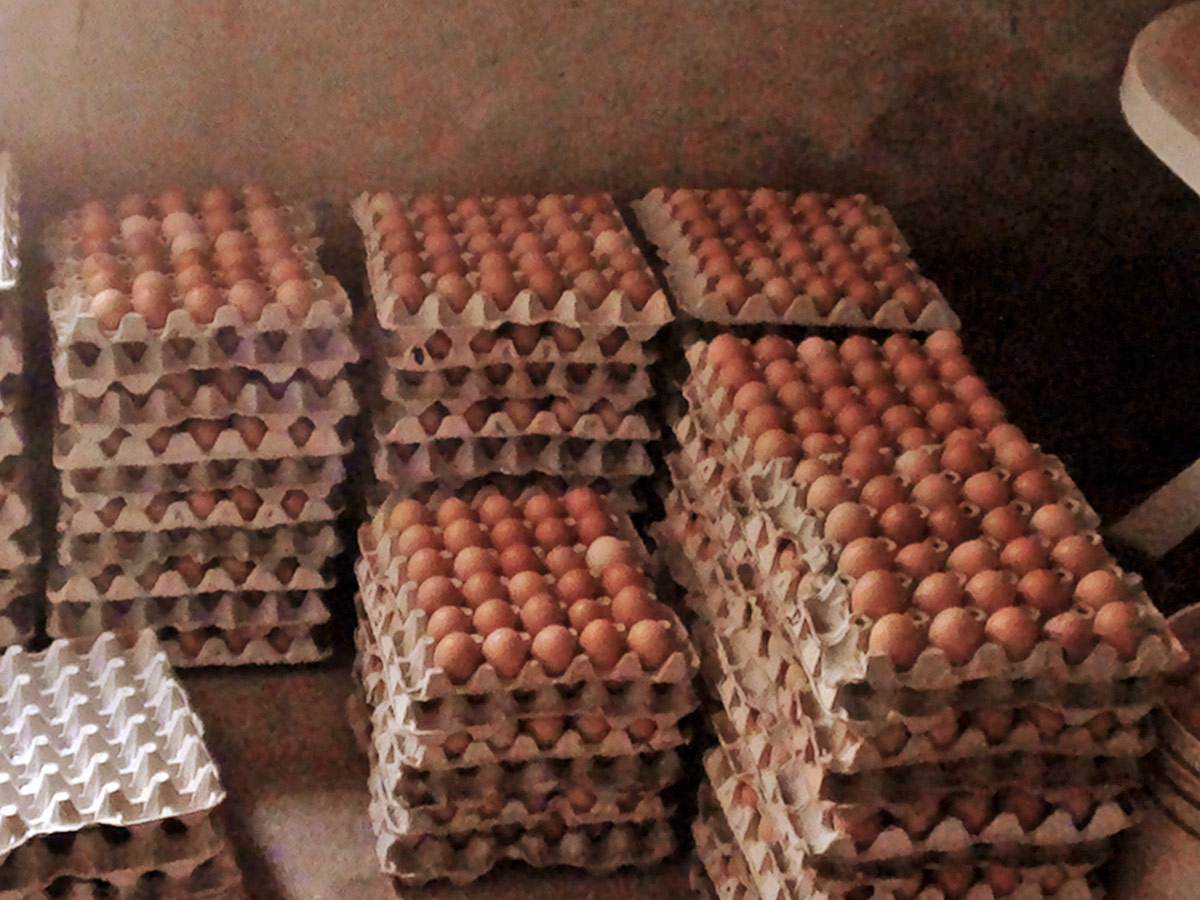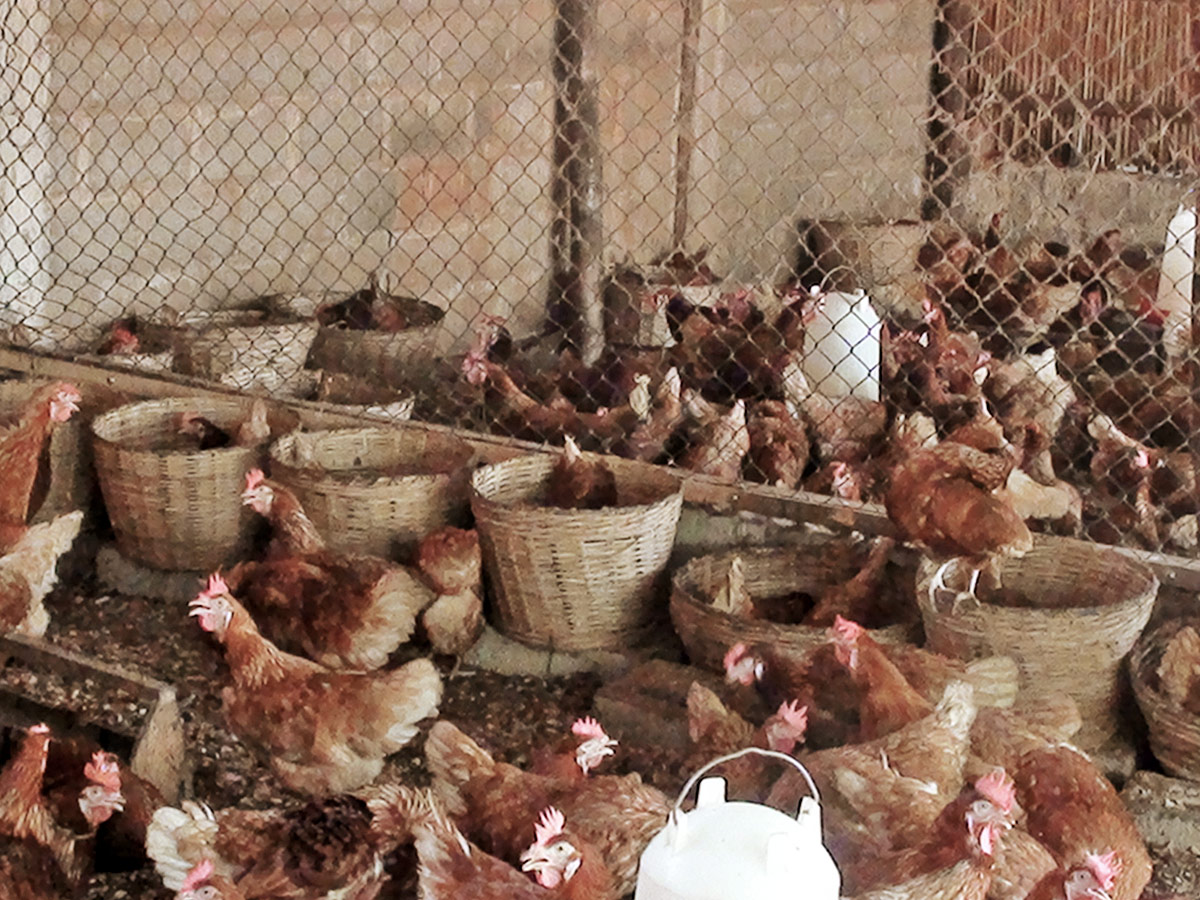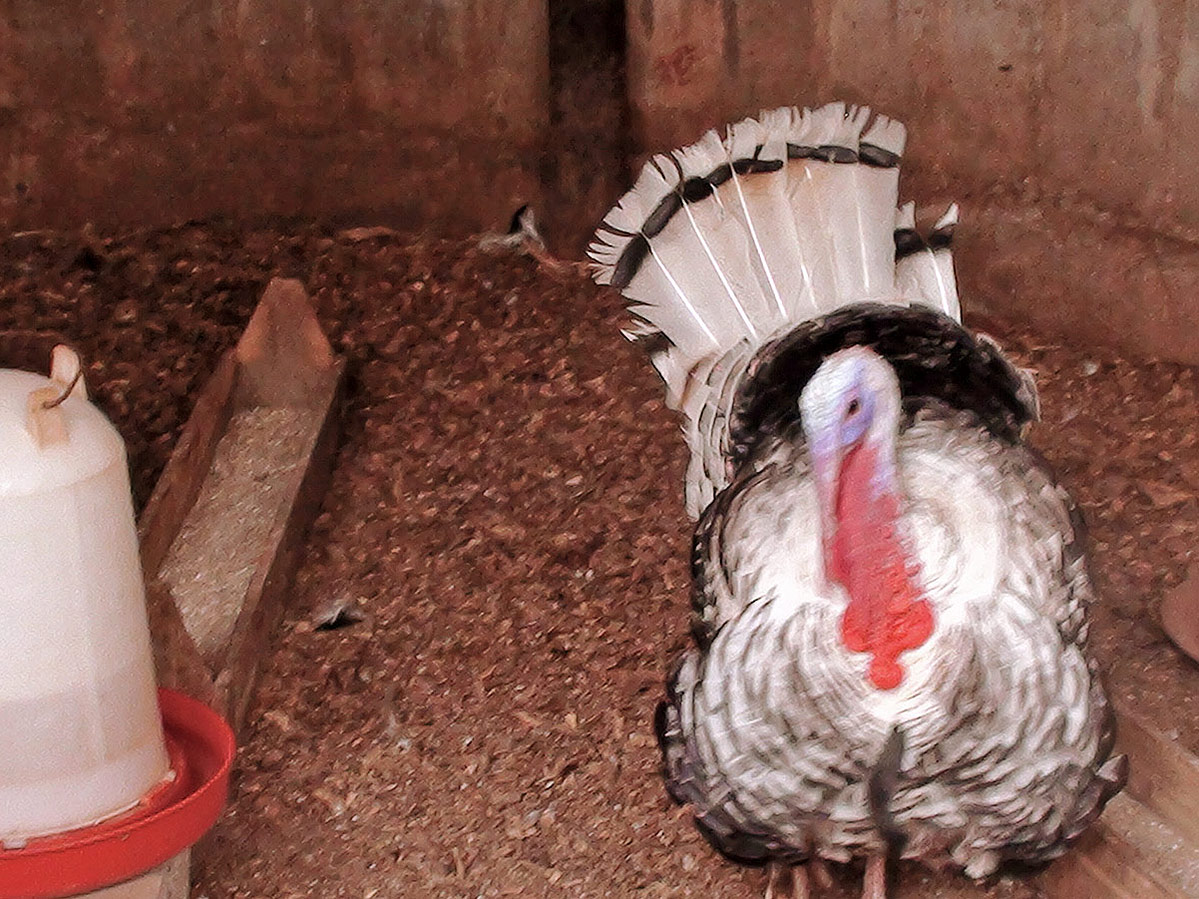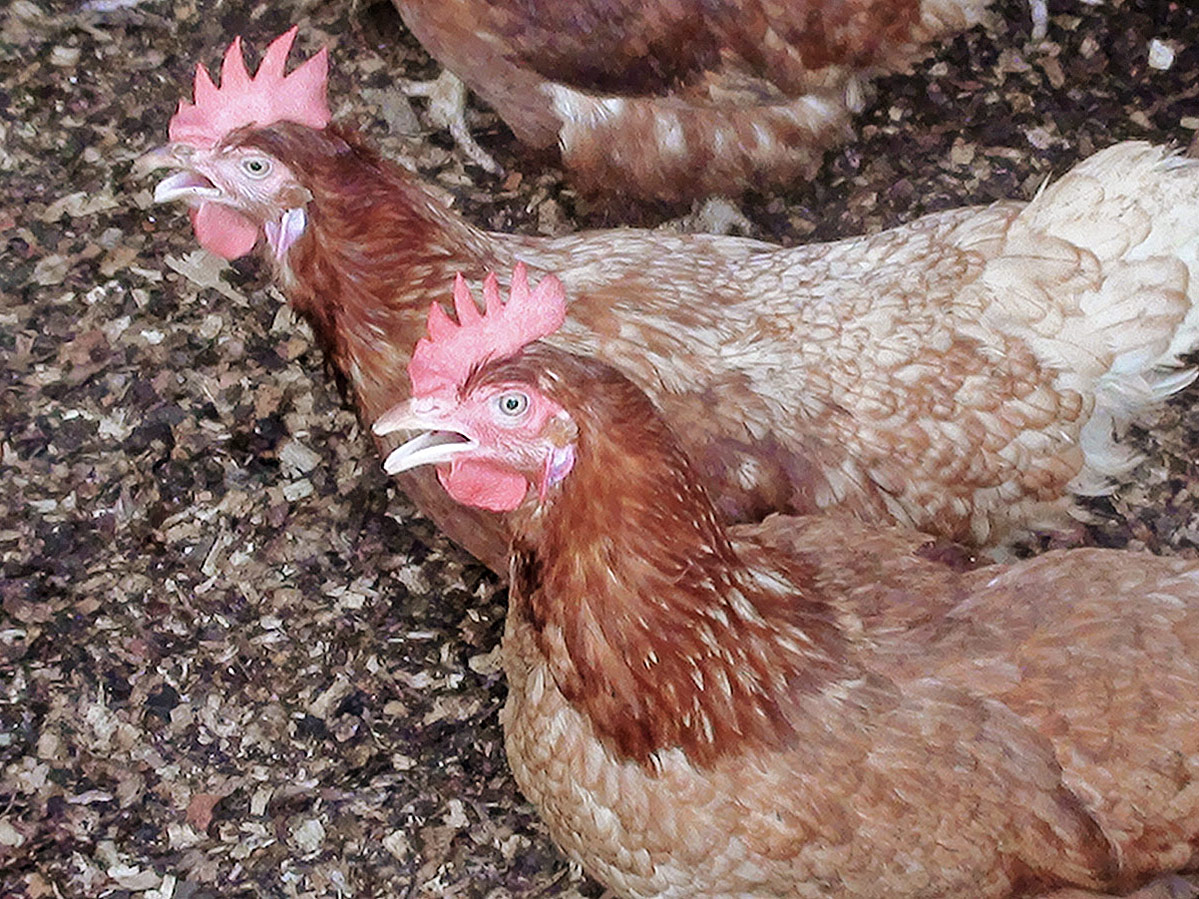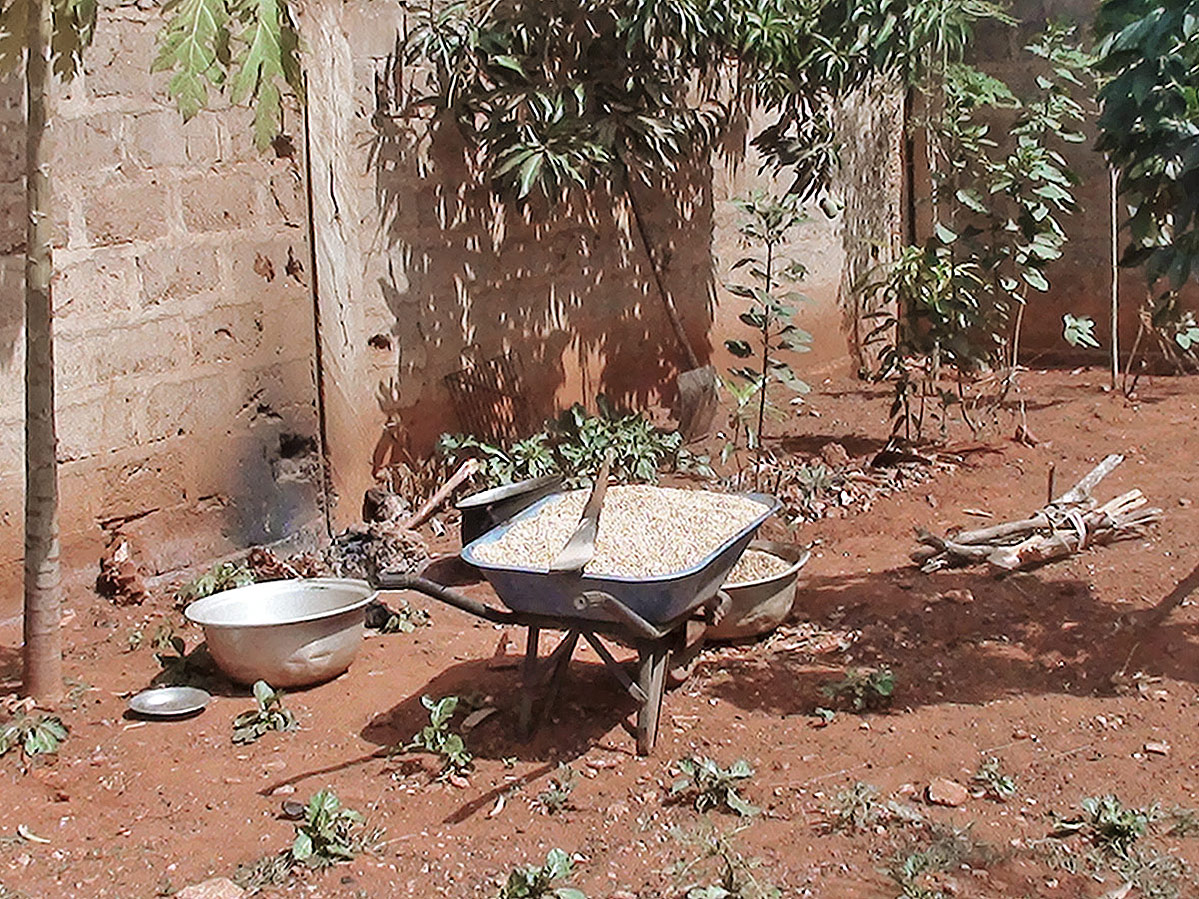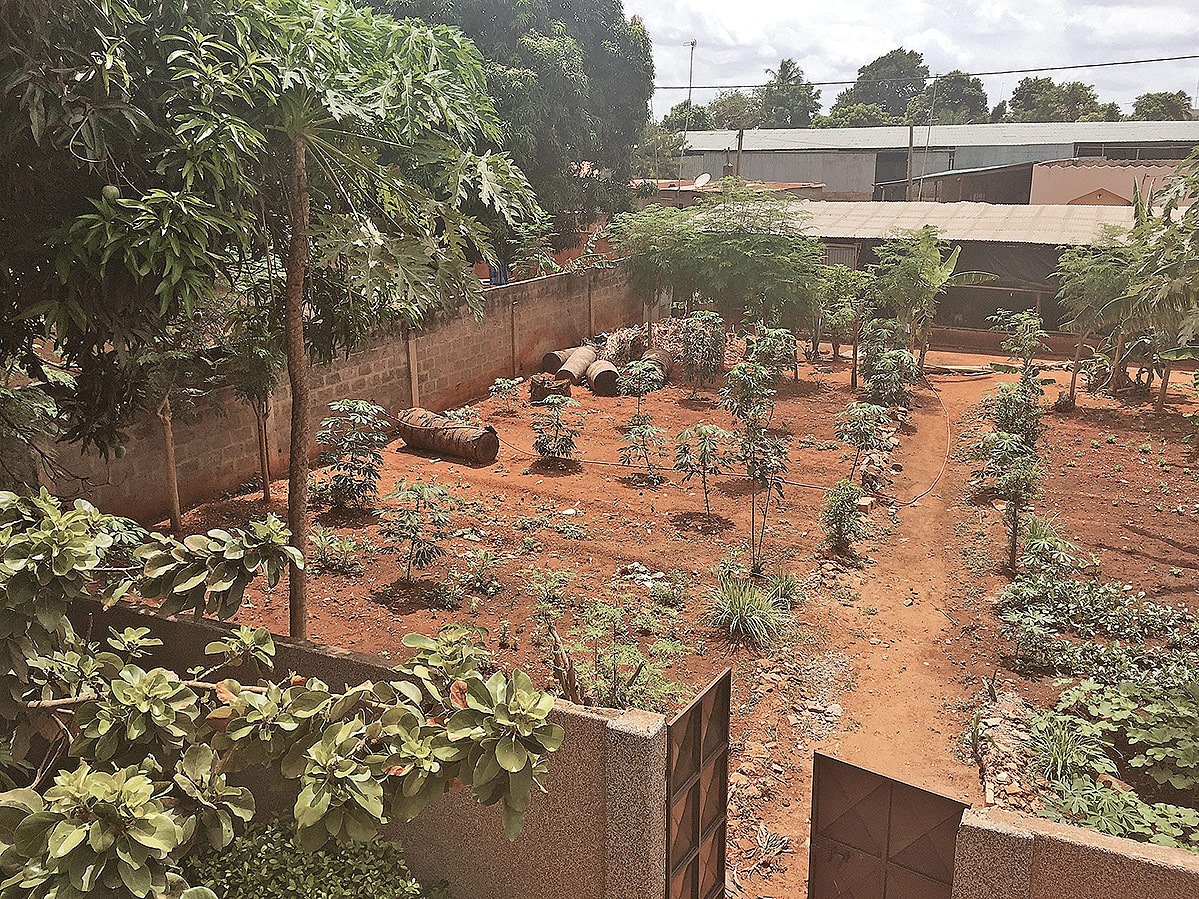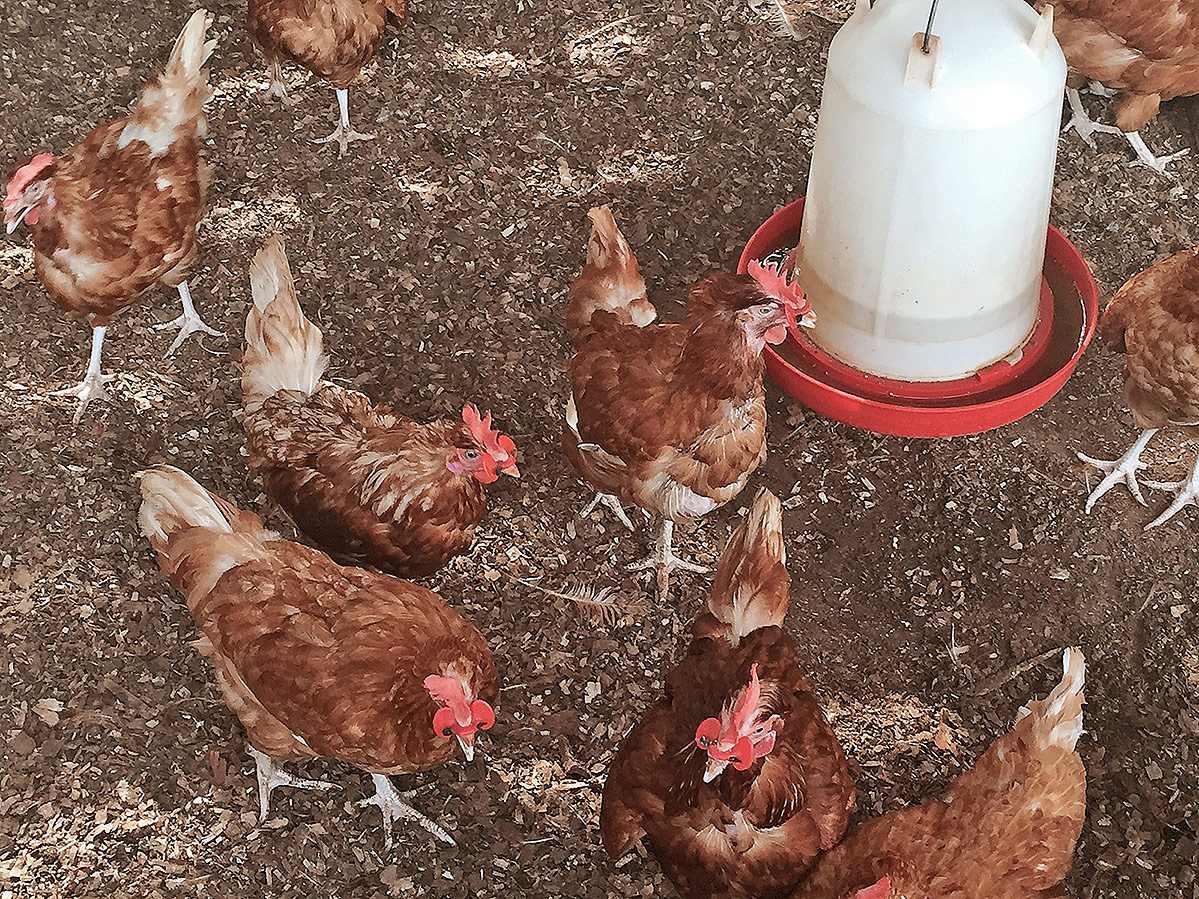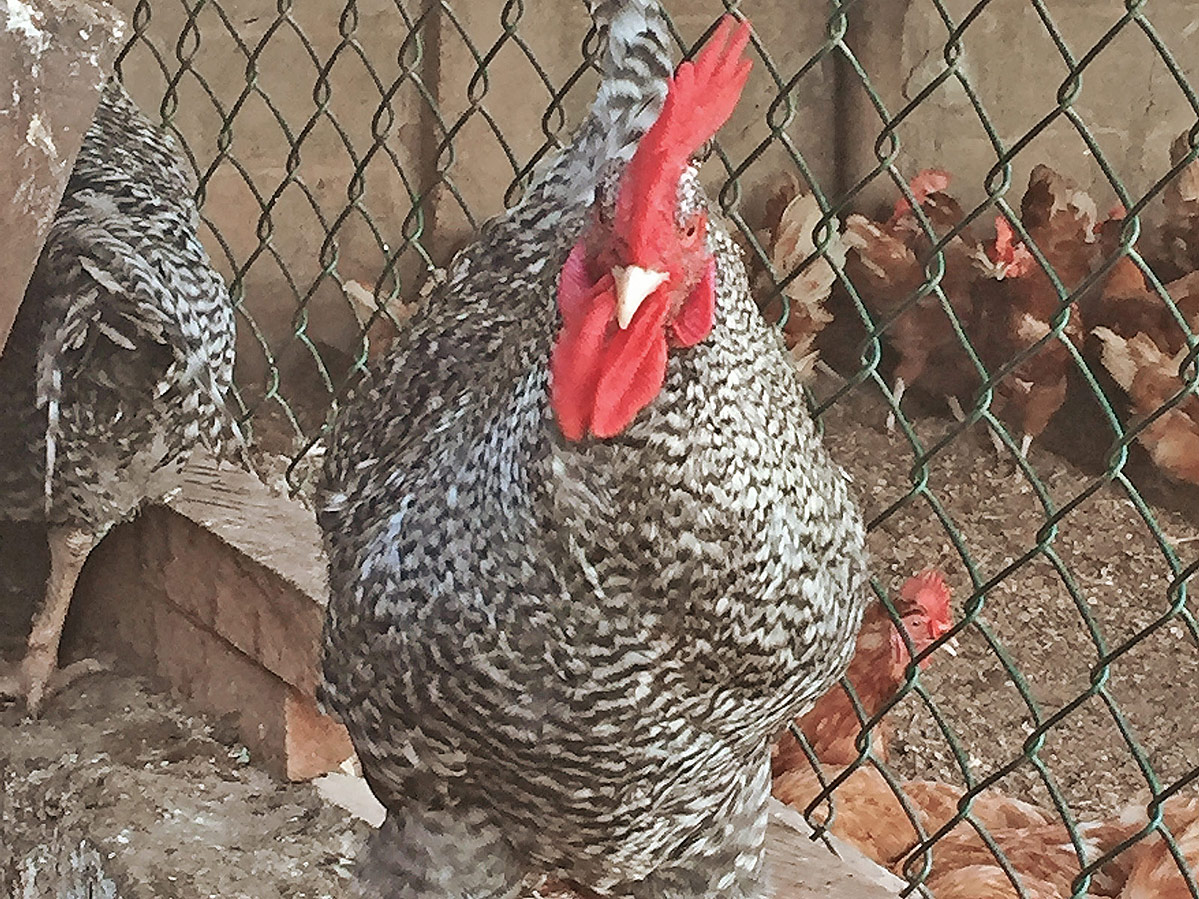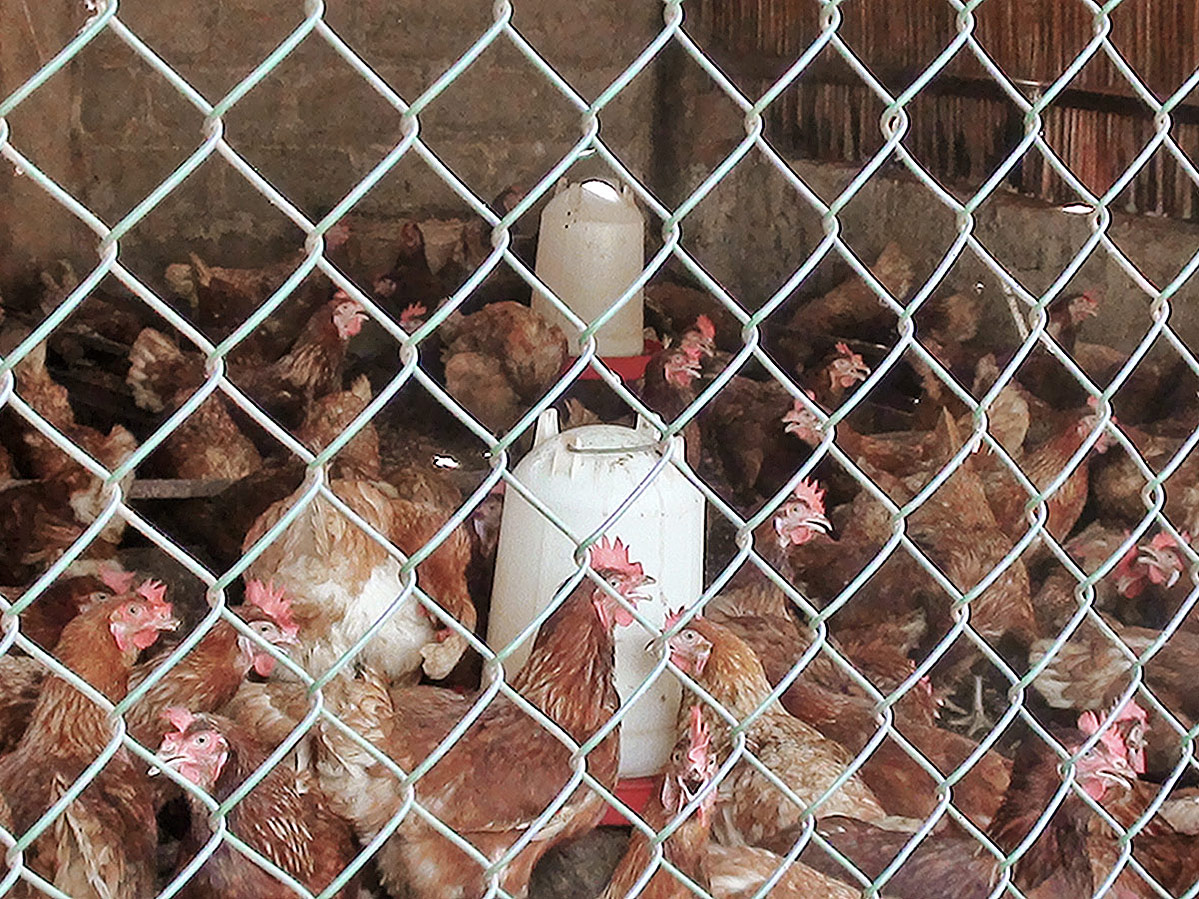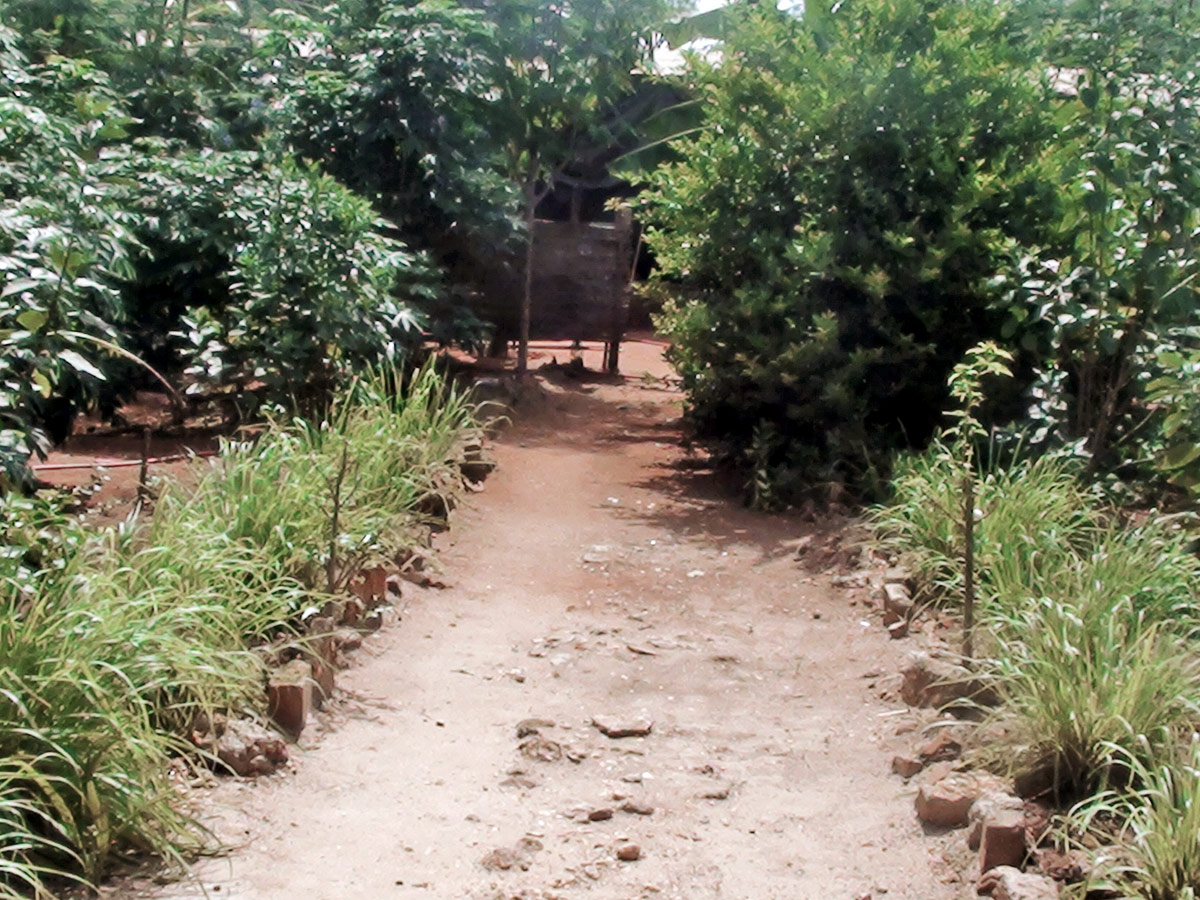Region
Lomé, Togo
Beginning of the project
January 2013
Project duration
1 year
Project status
completed
Beneficiaries
local economy
Project purpose
creation of production activity
Total Cost
8'500 CHF
Supported by
Private financing
Project origins
According to the UN, Africa has 200 million young people between 15 and 24 years, and 70% of the total population is less than 30 years old.
It is estimated that there are 75 million young unemployed people worldwide, of which 38 million on the African continent. The global unemployment rate of West Africa surpasses the 30%, in Togo, where it reaches 33.6%, 34% of young people are unemployed.
In this context the purpose of the intervention is to create a productive activity in degree
to self-sustain on the long term, favoring employment and the local commercial economy
by creating a chicken coop in laying hens and a vegetable garden.
Project Description
The structure built on a surface of 0.5 hectares located in the district of Agoe in Lomé, is composed of a chicken coop and a ground used as a vegetable garden.
The chicken coop encloses 550 laying hens, reared from chicks of a few weeks that when they reach maturity, about six months old, are able to produce about 500 eggs every day, this for a period of time estimated around 18 months. The attached kitchen garden is successfully used in the production of vegetables and fruit.
The products obtained feed the local trade thanks to the involvement of retailers active in the various neighboring markets.
Two 100% committed employees are involved in the activity, one of which has undergone specific training lasting 6 months, led by an agronomist engineer who is also responsible for supervision during the development phase of the project.
Expected and reached results
The activity is producing excellent results in terms of sustainability, cooperation and revenues.
The main objective is to give continuity to the project over time, in this sense with the planning of the replacement of the hens is ensured a constant production of eggs.
The profits created will be reinvested in other development cooperation activities and given the success, if the appropriate conditions are presented, the possibility of re-proposing it and adapting it to other contexts is not excluded.

